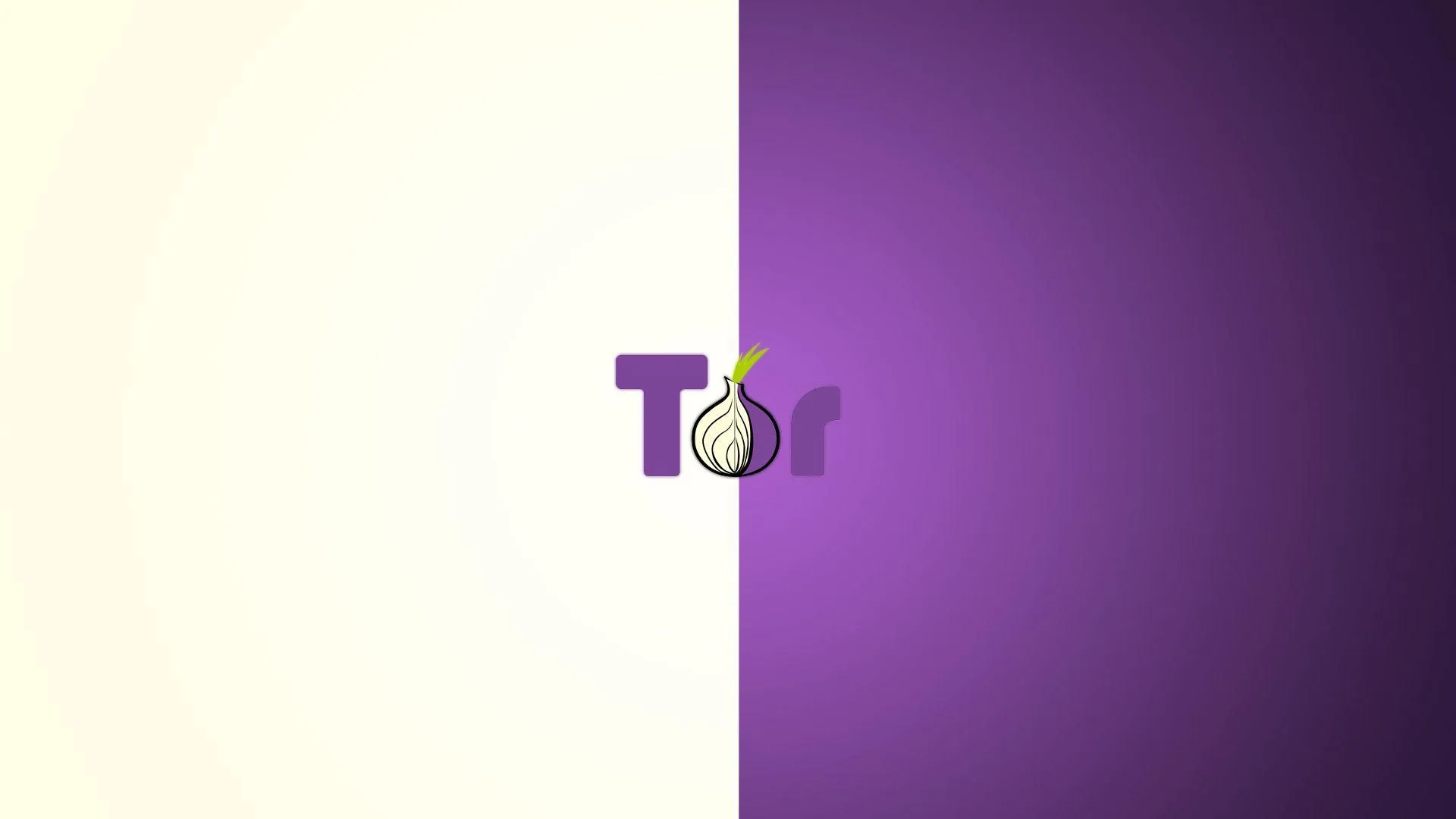Ethics And Morality: Should We Regulate The Dark Web?
Understanding the Dark Web
The dark web is a section of the internet that is not indexed by traditional search engines, and often requires specialized software to access, such as the Tor browser. Commonly associated with anonymity, the dark web serves as a platform for a range of activities, from benign to malicious. On one hand, the dark web provides a decentralized sanctuary for privacy advocates seeking to communicate or exchange information freely without surveillance. On the other hand, the dark web is infamous for harboring illegal activities, including drug trafficking, human trafficking and distribution of illicit materials. This duality prompts a fundamental question about its moral standing and the ethical implications of its regulation.
Despite the dark web being synonymous with illegal exchanges, it offers potential benefits that significantly complicate the notion of outright regulation. Journalists, activists and whistle-blowers often turn to the dark web to protect their identities and share sensitive information without the fear of reprisal. However, the moral implication of allowing a space that is not regulated for both good and bad actors raises debates about the extent to which intervention is required. While most would agree the preservation of civil liberties is paramount, a space that facilitates objective harm cannot be overlooked.

The Case for Regulation
Proponents of regulation for the dark web often argue that the anonymity it provides can exacerbate criminal activities. The presence of marketplaces where illegal goods and services can be sold and bought easily often results in dire consequences, such as human-trafficking or the trafficking of life-threatening narcotics. Combating issues such as drug addiction, human-trafficking and cyber-crime necessitates a level of oversight that can only come from regulation.
Moreover, adding regulation can help protect vulnerable individuals from exploitation. Many of those who fall victim to the illegal activities facilitated on the dark web may not be fully aware of the dangers involved or may be seeking help in desperate circumstances. Regulatory bodies would crack down on predatory actors and provide better support for individuals at risk. Evidence suggests that a regulated approach could make the dark web less appealing for malicious participants and enhance societal welfare.

The Case Against Regulation
While regulation may seem necessary for curtailing illegal or harmful activities, the potential risks of over-regulation cannot be ignored. Overly stringent measures may infringe on personal freedoms and privacy risks, defeating the entire point of the dark web. Advocates for minimal regulation warn that excessive oversight may result in unintended consequences for lawful users who legitimately utilize the dark web for reasons such as anonymity and safety.
In addition, the effectiveness of regulation is questionable given the nature of the dark web. The dark web cannot really be regulated because it is completely decentralized, meaning no central body, not even the developers of Tor, are able to take down or regulate content. There is also a risk of governments manipulating any regulations created to stifle legitimate users' freedom of expression and freedom of speech. Any proposed regulation framework would almost certainly not work in practice, that is assuming such a thing could even be created.

The Role of Technology
The use of technology plays a crucial role in facilitating and combating illegal activities on the dark web. The creation of decentralized systems like Tor has made it easier for users to navigate the internet privately, presenting challenges for law enforcement when tackling legitimate crime. As malicious actors leverage technology to expand their reach, the response must also evolve. Innovations in blockchain technology, artificial intelligence, and cyber-security will be paramount in developing effective regulatory solutions that can adapt to changing environments.
Technology is an instrument in providing transparency and accountability on the dark web. The emergence of ethical crypto-currencies and blockchain-based platforms offer new avenues for financial transaction security and traceability. This innovative use of technology could facilitate a form of regulated interaction that minimizes risk while allowing for permissible anonymity. However, finding the right balance in leveraging these technological advancements without compromising individual rights is essential for any regulatory structure.

A Balanced Approach
In discussing the moral and ethical complexities of the dark web, a balanced approach is crucial. While the need for regulation can be argued, care must be taken to consider the implications regulation can have on civil liberties and the potential for an abuse of power. This balance requires input from various stakeholders, including technologists, ethicists, law enforcement and civil rights organizations. Developing policies that are informed and properly address public safety while respecting personal freedoms will be essential.
As society grapples with the ethical implications of regulating the dark web, a key element will be fostering current dialog and exploring diverse perspective. The challenge lies in crafting regulatory frameworks that deter harm without suffocating the positive aspects of anonymity and privacy. Ultimately, ethical considerations must guide discussions around potential regulation, while aiming for genuine resolutions that serve the best interest of society.

Conclusion
In conclusion, the case for regulating the dark web can definitely be made. Unfortunately, any effort made to regulate the dark web will almost certainly backfire. Due to the nature of the dark web, it is most likely not even possible to create a regulatory framework, as no central body can take down content hosted by onion websites in a straightforward way.
24th September 2024